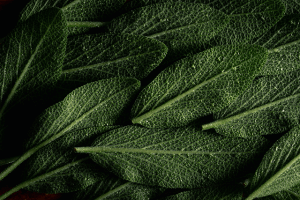Sage
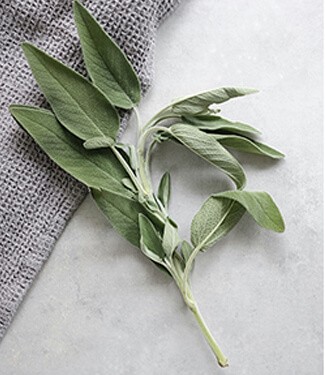
Salvia officinalis (Lamiaceae)
Sage, scientifically known as Salvia officinalis, is a perennial, evergreen subshrub with woody stems, grayish leaves, and blue to purplish flowers. It is a member of the mint family, Lamiaceae, and is native to the Mediterranean region, but grown all over the world. Plants are produced from seed in the spring and replanted every three to four years. The leaves are picked in the summer. It is a staple herb in various cuisines and is known for its strong aroma and earthy flavour.
Sage in History
Sage has a long and varied history that spans multiple cultures and civilizations. Its uses have evolved over time, from ancient medicinal and ceremonial purposes to modern culinary and herbal applications. This herb continues to be valued for its potent health benefits and rich cultural significance. In ancient Egypt, sage was used as a fertility drug and was also employed in the embalming process due to its preservative properties. The Greeks and Romans highly valued sage for its medicinal properties. The Greek physician Dioscorides documented its uses in treating ulcers, wounds, and sore throats. The Romans used sage as a diuretic, local anaesthetic, and to treat digestive problems. During the Middle Ages, sage was known as “Salvia salvatrix,” meaning “sage the saviour.” Monks in medieval monasteries grew sage in their herb gardens for its healing properties. It was commonly used to treat fevers, liver disease, and epilepsy. European settlers brought sage to America, where it quickly became a staple in colonial herb gardens. It was used not only for its medicinal properties but also as a flavouring for meats and other foods.
Folklore
Sage is often used in various cultural and spiritual rituals. In some Native American traditions, sage is burned in a practice called smudging, which is believed to cleanse and purify spaces. Sage was also believed to ward off evil and protect against witchcraft. In 17th-century France, sage was a key ingredient in the famous “Four Thieves Vinegar,” a concoction believed to protect against the plague when applied topically or ingested.
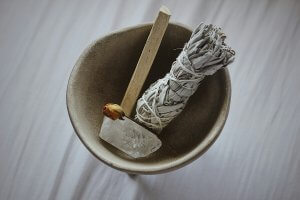

Fun Facts
1. Belongs to the mint family
2. In the 10th century, Arab physicians believed that sage promoted longevity and would mix it into their daily meals to prolong life.
3. Sage flowers are particularly attractive to bees and butterflies, making it a great plant for pollinator gardens
4. The ancient Romans used sage to whiten their teeth, believing that it could keep their teeth healthy and clean
5. In many cultures, sage symbolises wisdom and immortality. Ancient Greeks and Romans believed that sage could improve memory and mental acuity.
6. The name “sage” comes from the Latin word “salvare,” which means “to save” or “to heal,” reflecting its long history of medicinal use
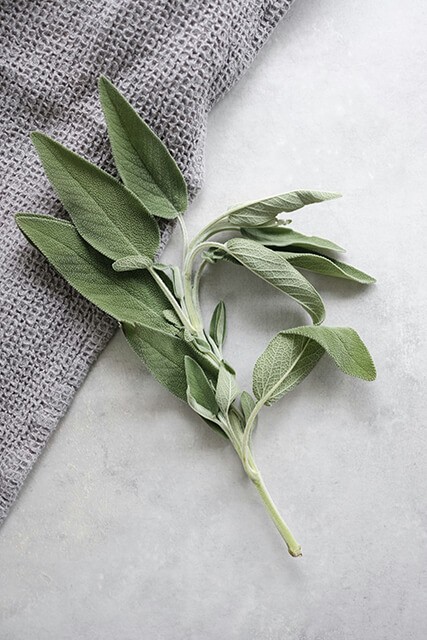
What Are The Health Benefits of Sage?
Sage contains compounds like rosmarinic acid and carnosol, which have anti-inflammatory effects. This can help reduce inflammation in the body and alleviate symptoms of conditions like arthritis. The antioxidants in sage, such as flavonoids and phenolic acids, help protect cells from oxidative stress and damage caused by free radicals. This can contribute to overall health and reduce the risk of chronic diseases. Sage has natural antimicrobial properties that can help fight against bacteria, fungi, and viruses. This makes it useful in treating minor wounds and infections. Sage contains vitamins and minerals that support the immune system, including vitamins A, C, and K, as well as calcium and iron. These nutrients help strengthen the body’s defences against illness.
Sage has been linked to improved memory and cognitive function. Some studies suggest that sage can enhance concentration and memory performance, potentially benefiting individuals with Alzheimer’s disease or other cognitive impairments. Sage has been traditionally used to reduce menopausal symptoms such as hot flashes and night sweats. Some studies suggest that it can help balance hormone levels and provide relief from these symptoms.
Menopause
A study carried out on postmenopausal women were treated with sage extracts. The severity of flushes, night sweats, panic, fatigue, and concentration had significant differences before and after treatment. In another clinical study on 80 menopausal women from 48-65 years of age significantly reduced hot flushes, fatigue and improved sleep quality. In a controlled clinical trial, 33 women were given sage extracts daily for their menopausal symptoms. There were improvements in symptoms such as flushing, night sweats, heart palpitations, muscle and joint pain, depression, anxiety, sleep disorders, and sexual desire.
Can sage alleviate night sweats?
Yes, clinical trials have demonstrated that sage can reduce both hot flushes and night sweats.
Memory
Ongoing research in the UK provides strong support for the traditional use of sage to enhance memory. In a 2008 study, healthy volunteers averaging 73 years of age showed a significant improvement in memory processing and accuracy of attention, after taking a single dose of sage extract. In yet another study, administration of sage was shown to improve mood and cognitive performance. Additional evidence is seen when sage consumption improves memory and cognition, and with increasing dosage, the mood gets elevated as well as alertness and calmness.
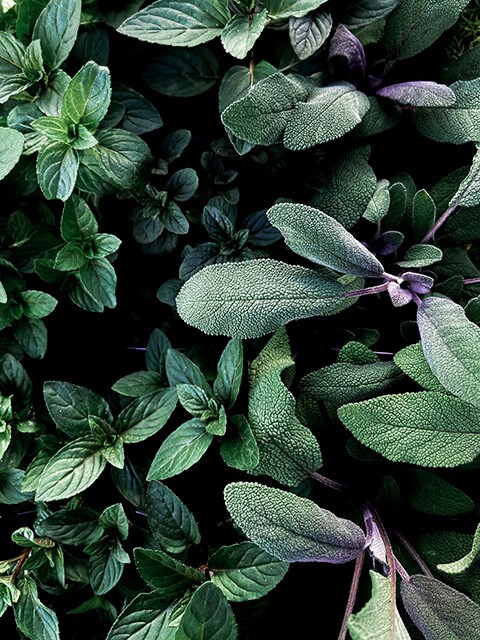
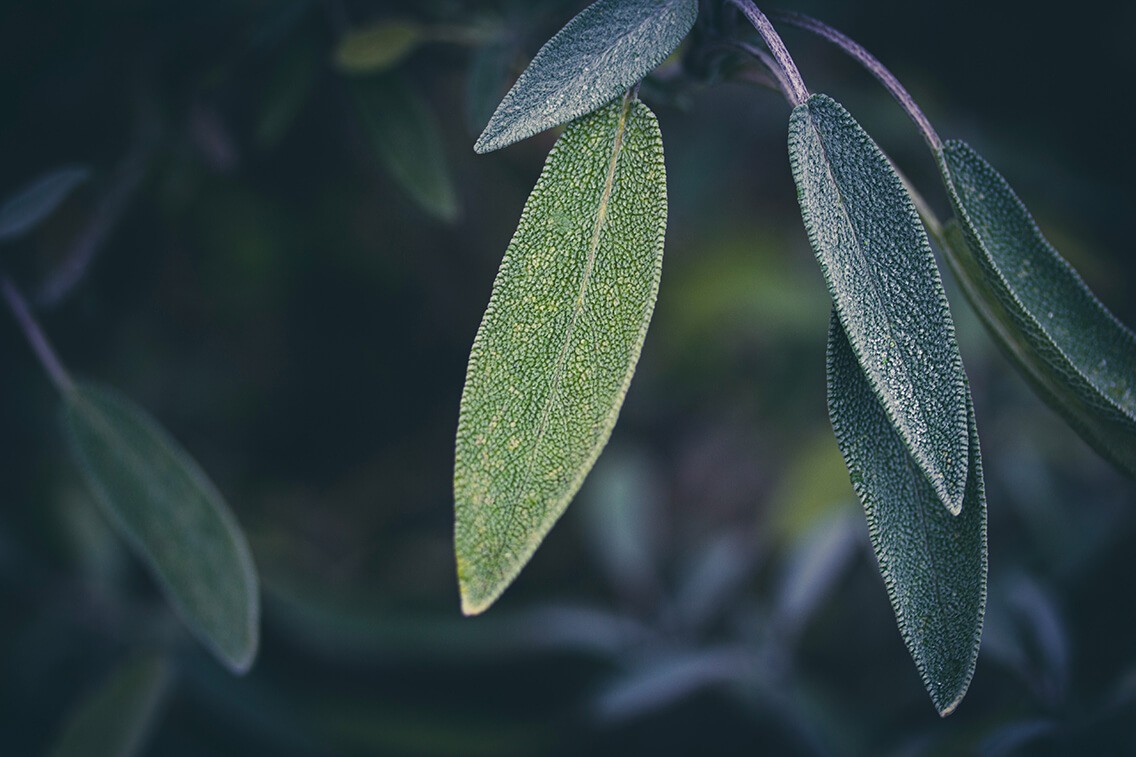
Cardiovascular Health
Research in human studies has shown that consuming sage can positively affect cholesterol levels. For example, a study published in “Phytotherapy Research” found that taking sage leaf extract improved lipid profiles by reducing LDL cholesterol and increasing HDL cholesterol in participants with high cholesterol levels. Animal studies have also supported the cholesterol-lowering effects of sage. For instance, a study on rats demonstrated that sage extract significantly reduced total cholesterol, LDL cholesterol, and triglycerides while increasing HDL cholesterol.
Can sage reduce bad cholesterol?
Sage has potential cholesterol-lowering benefits due to its antioxidant, anti-inflammatory, and bile acid-binding properties.
Immunity
Sage is rich in antioxidants, such as flavonoids and phenolic acids, which help protect the body’s cells from damage caused by free radicals. This protection can enhance overall immune function. It has natural antimicrobial properties, meaning it may help fight off bacteria, viruses, and fungi. This makes it useful for preventing infections and supporting the immune system’s ability to combat pathogens. Chronic inflammation can weaken the immune system. Sage contains compounds like rosmarinic acid that have anti-inflammatory effects, helping to reduce inflammation and support a healthy immune response. Sage is often used in herbal remedies for respiratory conditions. It may help soothe sore throats, reduce mucous, and alleviate symptoms of colds and coughs, and support respiratory health.
Can sage be beneficial for the immune system?
Yes, sage offers several potential immune-boosting benefits.
Any Contraindications?
There are limited reports of the negative side effects associated with sage despite their usage for many centuries. There are no reports of dangerous side effects induced by therapeutic doses of this plant.
Teas with Sage
Sage has been included to our Meno Blend (coming soon) and Immune Boost tea to leverage its multifaceted health benefits to support hormonal health and those looking to enhance their immune function.
Immune Boost blends the robust flavours of ginger, yarrow, spearmint, and elderflower with the powerful properties of sage, known for its antioxidant and antimicrobial benefits. This soothing tea not only supports your immune system but also harnesses sage’s natural ability to promote overall well-being and resilience against infections.
Meno Balance, a scientifically driven new development has been meticulously crafted with botanical herbs to support symptoms associated to menopause. Additionally, the inclusion of sage, rich in antioxidants and other compounds, has been reported to offer potential relief from hot flushes, night sweats, and support cardiovascular well-being.
Disclaimer This website contains general information about the traditional use of herbal teas. The information is not advice, and should not be treated as such. If you have any specific questions about any medical matters you should consult your doctor or other professional healthcare providers.







